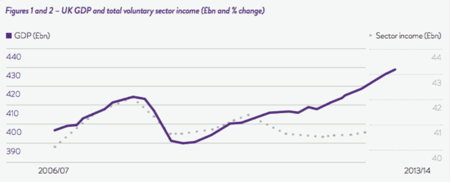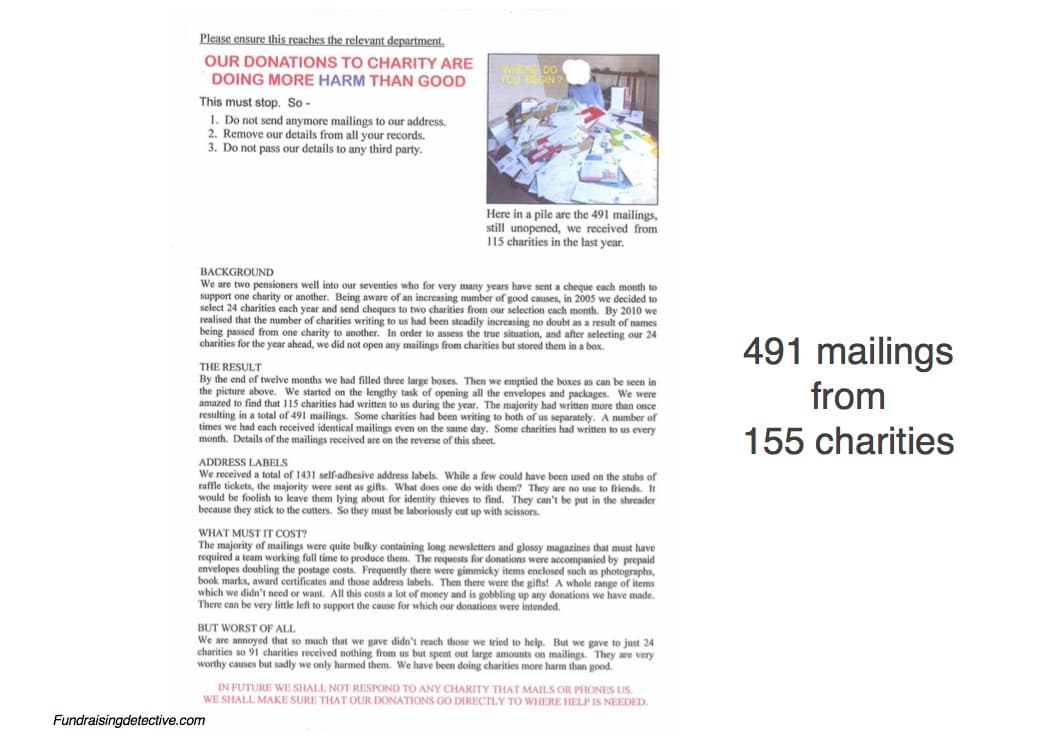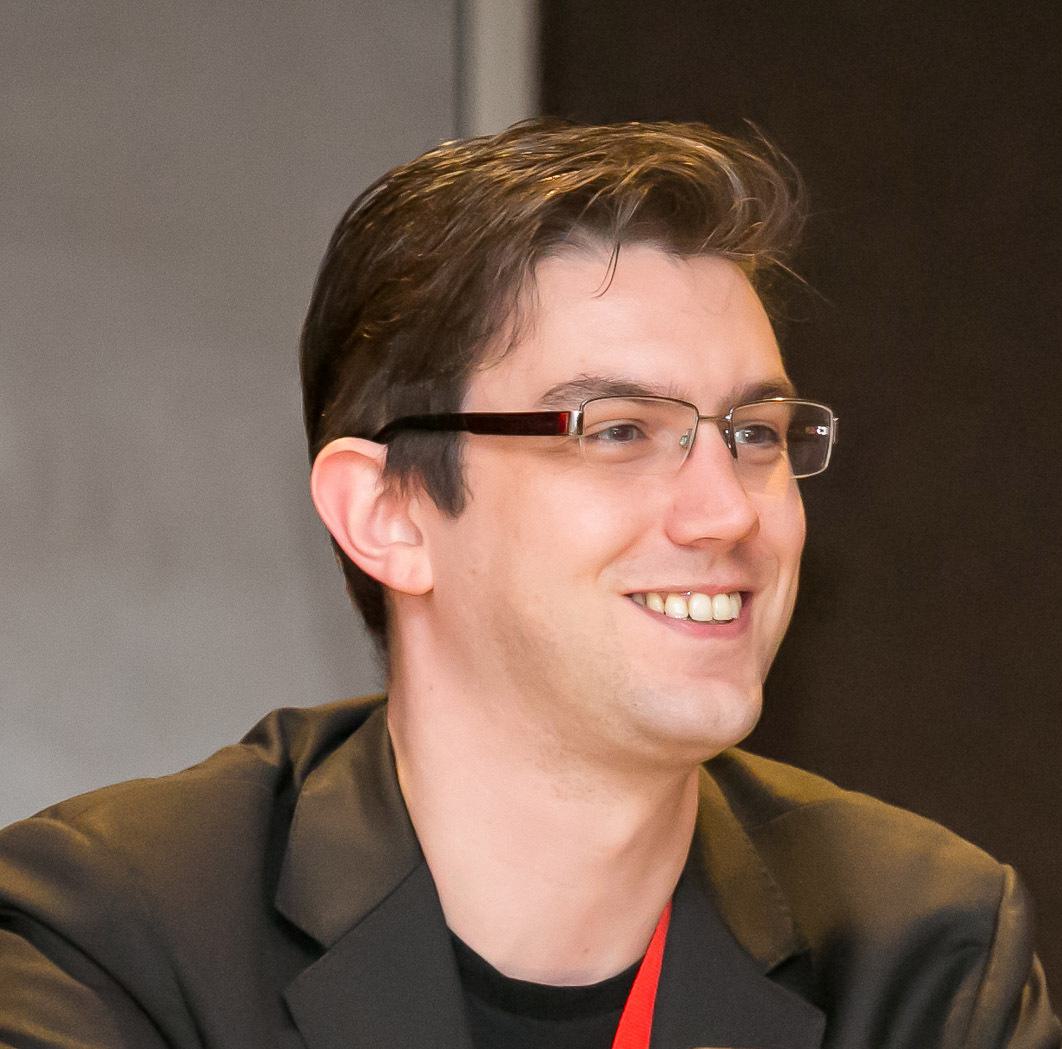Two days in Dublin: fundraising inspiration in Ireland’s capital
Part one
- Written by
- Joe Burnett
- Added
- September 22, 2016
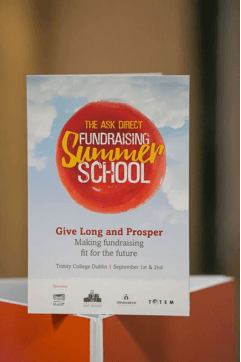
On 1 September SOFII travelled to Dublin to attend Ask Direct’s Fundraising Summer School, two days of exceptional presentations and discussions on a wide range of fundraising subjects.
Damian O’Broin, founder of direct marketing agency Ask Direct, kicked off proceedings with a rallying cry: ’Welcome to the revolution!’
The Summer School took place against a backdrop of, depending on your perspective, mild to dramatic crisis in the UK voluntary sector, with fundraisers the targets of vitriol and condemnation from the tabloid press for perceived harassment of donors, especially the elderly. Meanwhile, the world is faced with profound challenges such as global warming, the ongoing wars in the Middle East and the refugee crisis. As Damian put it, ’there’s a cloud hanging over the sector in the UK’ – and it could spread elsewhere. The key for fundraisers is to recognise that for all the agendas aimed at them and misunderstandings there is a very real problem they need to address.
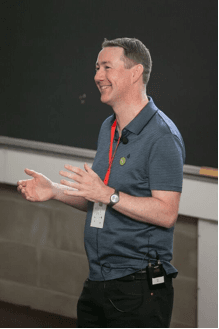
But with Ask Direct celebrating its tenth anniversary, Damian also emphasised that there is much hope for the future. Great ideas continue to get transformed into great campaigns, such as the Ice Bucket Challenge that, as Damian noted, has contributed directly to a recent breakthrough in Motor Neurone Disease (ALS for Americans) research. And events like Summer School are ideal opportunities to share ideas and inspiration.
One quote used by Damian summed up the message as the event got underway:
‘We are the change we want to be.’ (Barack Obama).
Mark Phillips: What is wrong with fundraising today?
Damian handed the stage to Mark Phillips, managing director of the UK agency Bluefrog, to discuss precisely the issues listed above from a British perspective. This involved Mark telling some hard truths.
- Since 2006, there has been no real growth in amounts given by individuals:

- Since 2006, there has been no real growth in the numbers of donors:

- Since 2006, there has been no real growth in people giving via direct debits:

- People will happily pay £70 per month on utility bills, their mobile phones or their gym fees, but not donate a similar amount to charity.
- Donations to charities have have not kept up with the wider economy, with the latter growing more rapidly than that of donations, as per the graph below:
These are stark figures and they embody a clear message from donors:

However, Mark believes that if fundraisers can change how they operate the benefits could be enormous – to do that we need to make donors feel special.

He went on to describe the ‘four fundraisers of the apocalypse’, archetypes of the truly bad practices that hinder great fundraising.
- Acquisition
The obsession with recruiting more donors and keeping costs low, that with a £3 per month quick sale we will somehow save the world. Mark outlined how this was the wrong focus on the wrong people: the richest in our society keep getting richer, but fundraisers keep talking to the largest section of donors, who are the poorest. In fact, two to three per cent of a charity’s database could contribute 50 per cent of donations.
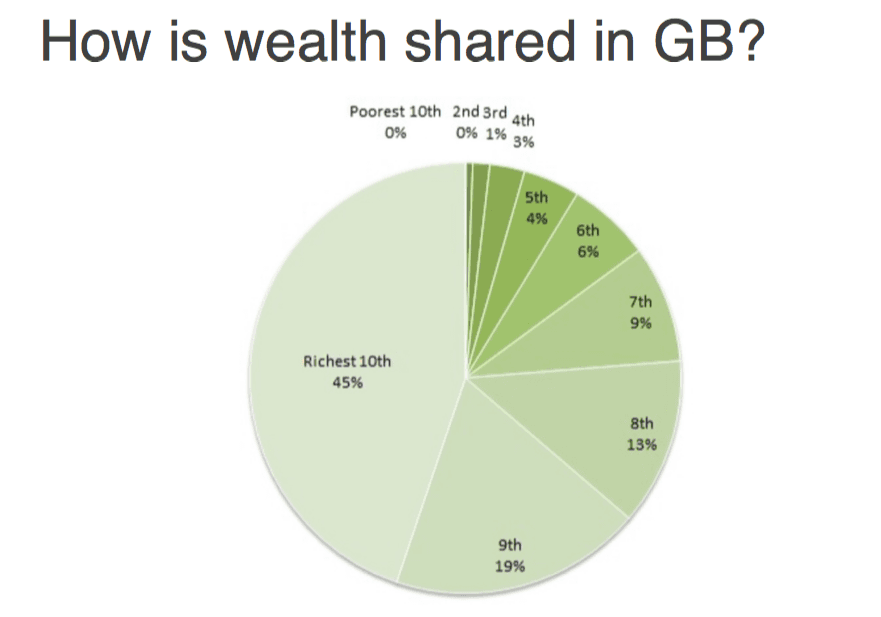
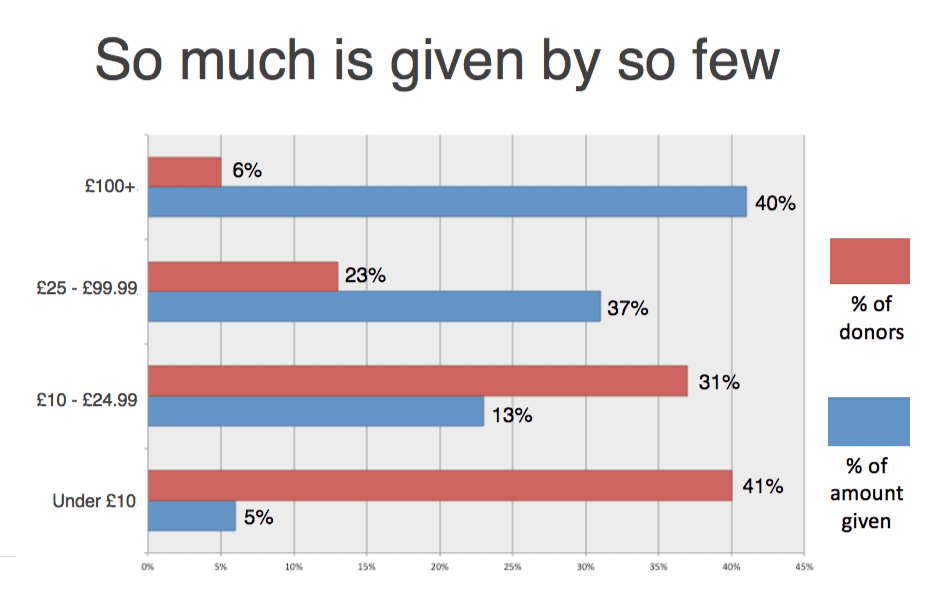
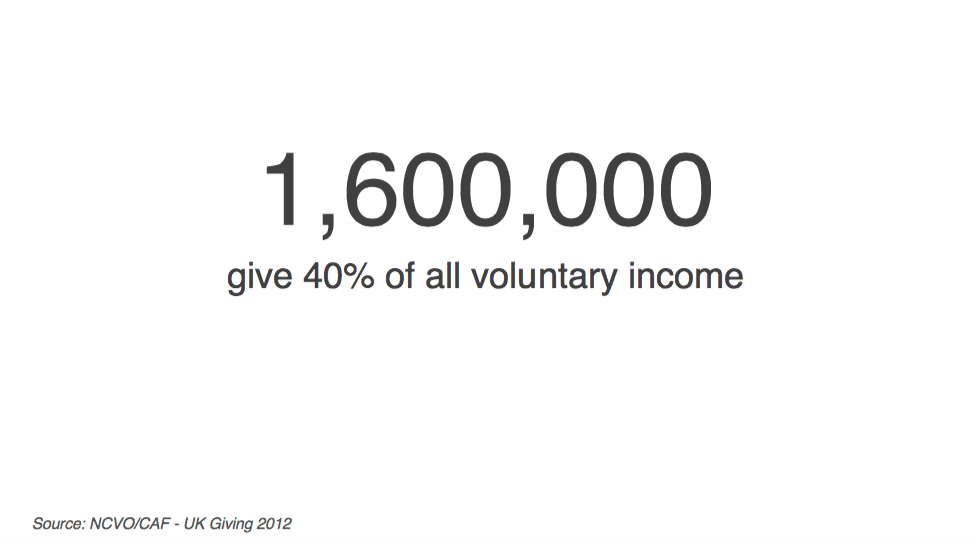
A similar pattern emerges in the USA, as indicated by the graph below, given to SOFII by Greg Warner at MarketSmart in Washington, DC:
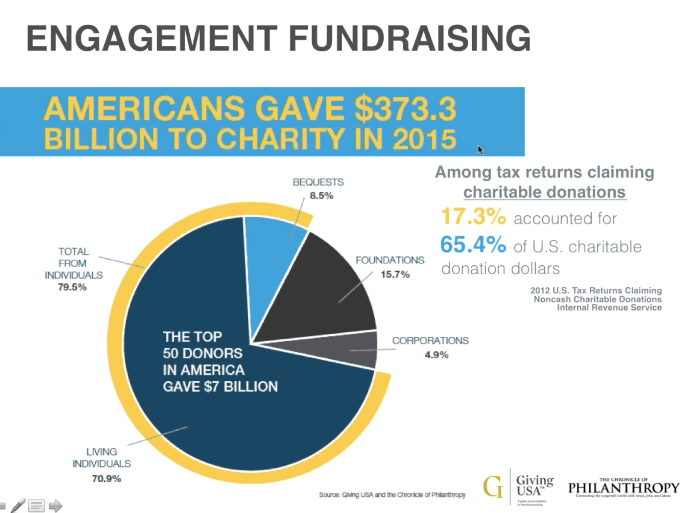
So rather than focusing on direct marketing, which is not an end in and of itself, fundraisers should be using it as a means to identify outlying donors who might well give at a higher level and to build a relationship with them.
- Fashion
Too many charities run after the latest great idea. Mark gave us a short history of fundraising, from the start of regular gifts in the 1880s to door-to-door via street collections today.
In each case, in the 1880s as now, the press condemned organisations for these practices, but they caught on, because, says Mark, human beings like bandwagons. He then gave an example of two pensioners who found themselves inundated with mailings, 491 in one year from 155 charities!
Mark’s conclusion was that there is only one good bandwagon: being nice.
- Negare: this means ‘refuse’ in Latin.
Mark highlighted the very bad habit of some charities who focus on people who are pathologically altruistic. In fundraising terms: people who so want to do good that they can’t say no.
He cited the case of Laura Busbridge, a woman whose daughter had to contact 92 different organisations to tell them her mother had changed address. A large number ignored her and seven only stopped after three requests:

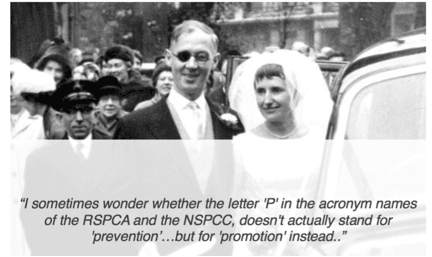
- Re-brand
There is only one factor influencing people’s decision to give following a re-brand and it has nothing to do with the new logo, colour palette or font. They give because they want to help tackle a problem that they care about.
Factors influencing a donor’s decision to give following a re-brand:
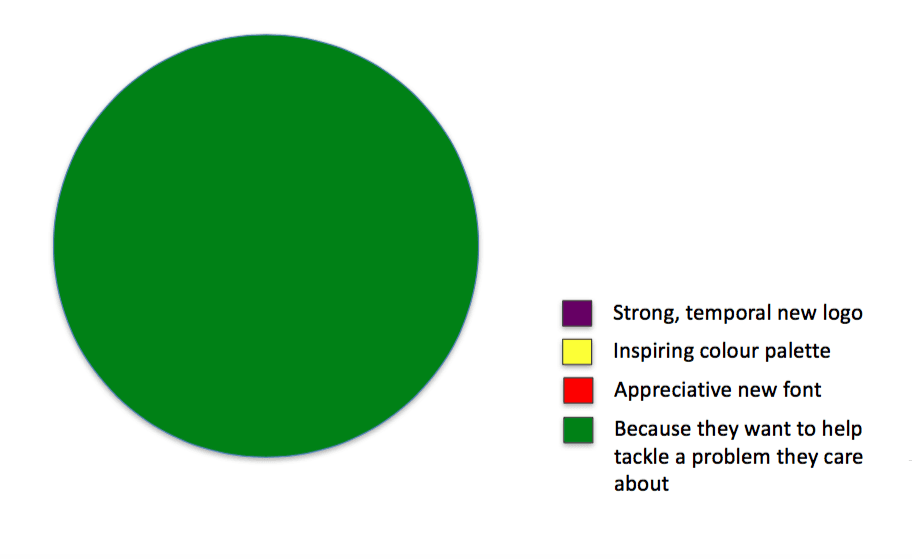
A re-brand can work, but only if it talks to the donors desires and needs. One example given was of the Parkinson’s Disease Society, which changed its name to Parkinson’s UK, with the slogan ‘Change Attitudes. Find a Cure. Join us’ and saw its voluntary income rise considerably. But it did so in tandem with, in the words of director of fundraising Paul Jackson-Clark, putting ‘an emphasis on interacting with its existing donors {and putting] a lot of time and energy into really thinking about how we welcome, support and involve our supporters.’
The focus on rebranding highlights a disparity between what donors expect and what charities think donors want to hear. What is important is to meet the point where both overlap, which is aiming to solve a problem.
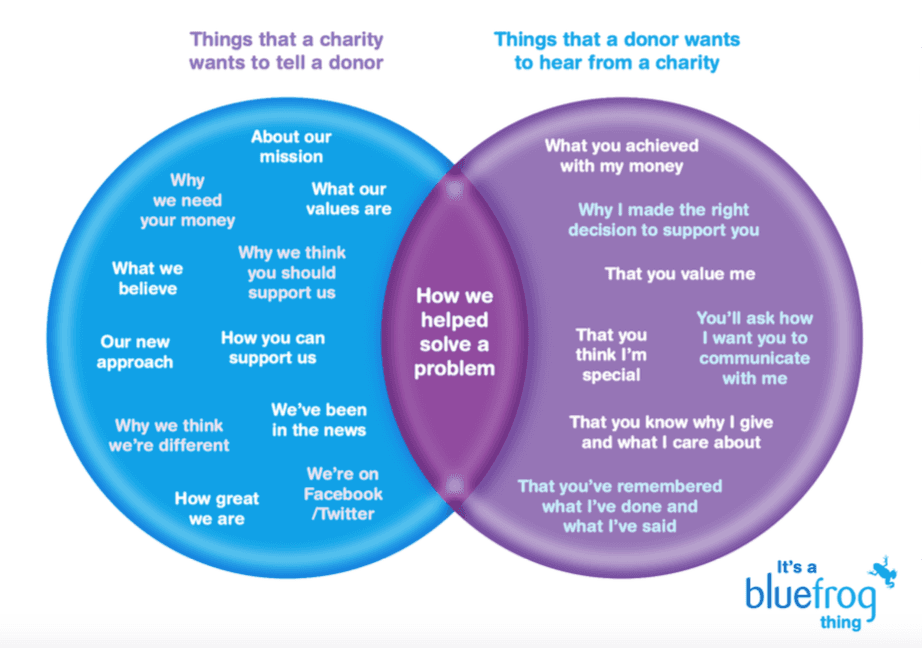
Mark underlined that donors have needs and that fundraisers should focus on their need to be entertained more than to help, combat helplessness and personal growth. Making packs that are engaging rather than merely a bombardment of information and requests for money is essential, as is a clever use of social media. Below is the example from UNHCR that Mark gave, with its simple message and envelope, interactive token tool for tracking what the donor has helped with and bespoke website to follow the progress of what the donations had achieved.



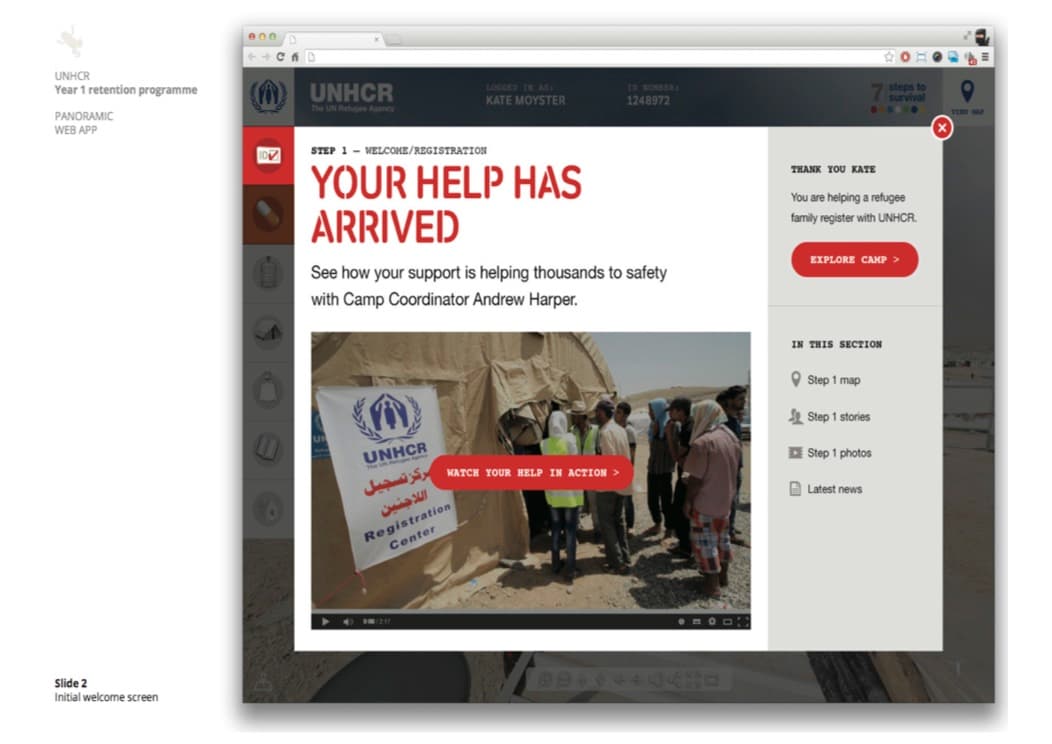
Though Mark started by discussing a rather bleak environment for fundraising, he ended by providing excellent examples of how fundraisers can work better if they focus on engaging donors, proper communication and avoiding those four apocalyptic fundraising woes. Which gave hope and a lot to think about to everyone in the audience.
Mark’s presentation was a thought-provoking and exciting opening salvo for the Ask Direct Summer School. In part 2, we’ll be reporting on more great presentations by Sean Triner, Simone Joyaux and Beate Sorum, as well as a vital panel discussion on gender imbalance in fundraising.



